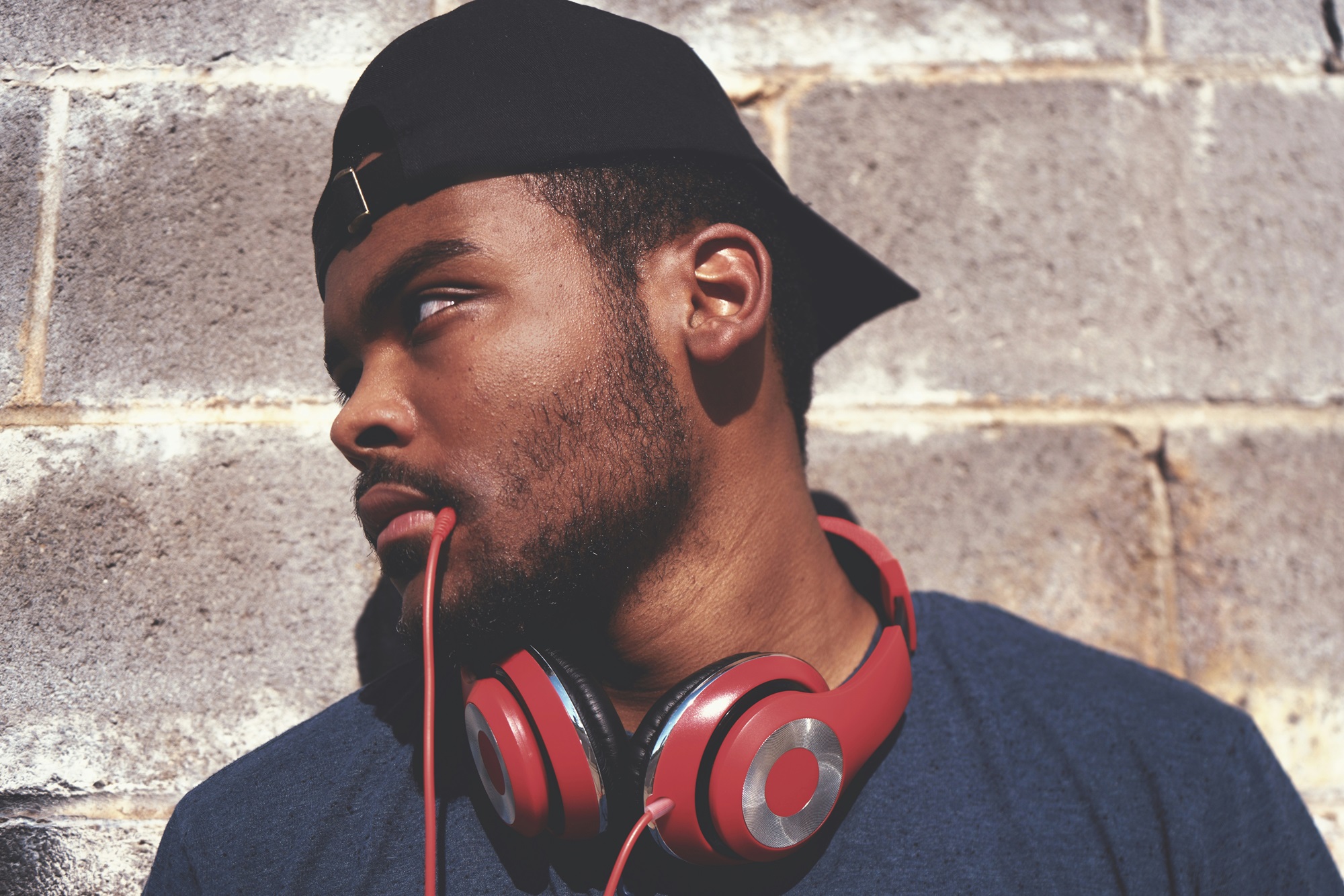The nominations for the best artist category at this year’s Brit Awards have caused controversy because they include only male artists. This raises questions about the representation of women in the music industry. The Brits introduced gender-neutral awards last year, doing away with separate male and female categories. However, this year’s nominations for best artist have sparked criticism for being male-dominated. Out of the 70 eligible artists, only 12 are female. The shortlist is determined by votes from approximately 1,200 industry professionals, who select their top five choices.
Here are five nominees in the best artist category:
- Harry Styles, who achieved chart success with his song “As It Was” and his album “Harry’s House”.
- Stormzy, whose third album “This Is What I Mean” was both a commercial and critical success, featuring popular hits like “Hide & Seek” and “Firebabe”.
- George Ezra, a singer-songwriter who made a successful comeback with the single “Green Green Grass” and had a number one album.
- Central Cee, a London rapper whose album reached number one and had two top 10 singles in 2022.
- Fred Again, a rising house producer whose third album reached number four on the charts.
Some eligible female artists who were not nominated include:
- Florence + the Machine, whose album “Dance Fever” reached number one.
- Charli XCX, whose album “Crash” also topped the charts and was ranked fourth best album of 2022 by The Guardian.
- Mabel, the 2020 winner of best British female, whose album “About Last Night” reached number two.
- Rina Sawayama, whose album “Hold The Girl” reached number three and included a song of the year picked by BBC music correspondent Mark Savage.
- Ella Henderson, who had a top 10 album, appeared on two top 10 singles, and received a nomination for an Ivor Novello Award in 2022.
In order to be eligible for nomination, artists must have achieved at least one top 40 album or two top 20 singles released between December 10, 2021, and December 9, 2022. The Brits introduced gender-neutral awards to be more inclusive and recognize exceptional work, regardless of how artists identify.
Although concerns were raised about the marginalization of female acts when the gender-neutral awards were introduced, that issue seemed to be addressed when Adele and Little Simz were nominated for best artist in 2022. Moreover, women or female-fronted acts won 10 out of 15 awards that night. However, Adele emphasized in her acceptance speech that she is proud to be a female artist.
Looking at the overall nominations, there has been both praise and criticism. Tim Burgess, the lead singer of The Charlatans, voiced his thoughts on Twitter, questioning the absence of female artists in the best artist category.
One reason for the underrepresentation of women this year is that fewer female stars, like Adele and Dua Lipa, released new music in the past 12 months. Only one British female solo artist had a new album among the top 100 best-sellers in 2022, compared to seven male artists.
It should be noted that women are represented in other categories at the Brits. Female duo Wet Leg, for example, have four nominations, tying with Harry Styles for most nominations. The best international artist shortlist also has more women or female-fronted acts than men.
The Brits spokesperson acknowledged the disappointing lack of female nominations in the best artist category but reasoned that it was due to fewer high-profile female artists releasing major projects in 2021 and 2022. The spokesperson mentioned that the music industry is conducting a study to identify and address barriers preventing more women from succeeding in music.
Gender imbalances are well-documented in the music industry, such as in chart success, radio airplay, festival line-ups, and artist signings. Vick Bain, a music executive and researcher, highlighted the lack of female artists signed by labels overall and the various barriers faced by women in the industry. These barriers include stereotypes from A&R and record labels, challenges faced during touring (particularly early in a musician’s career), sexism and discrimination, and unreasonable expectations for physical appearance.
The lack of female representation in the best artist category at the Brit Awards is a reflection of these systemic issues. While progress has been made in recognizing and supporting female acts, there is still much work to be done to ensure equal opportunities and representation in the music industry.





